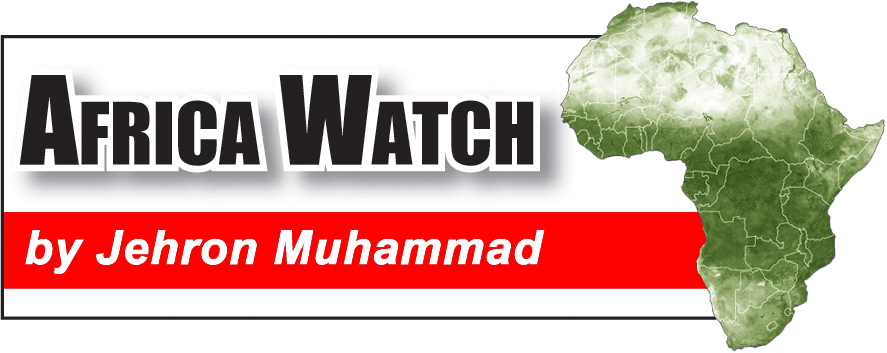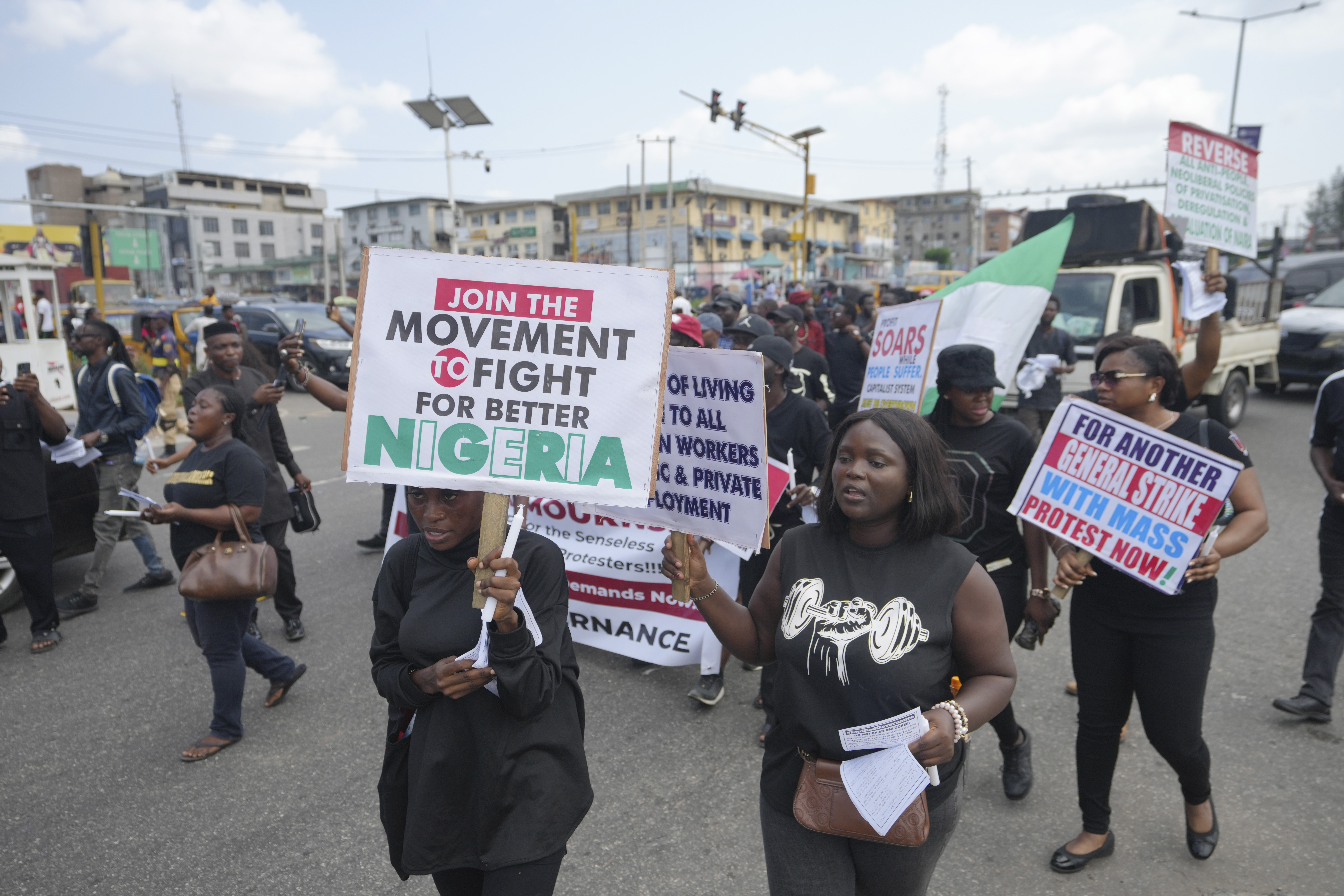The #EndBadGovernance 10-day protest in Nigeria ended early, with organizers vowing to return to the streets if their list of demands are not met.
According to Arise News, a global news and entertainment channel, the nationwide protests, which started on August 1 and ended on August 10, “was characterized by peaceful protest and unsustained violence, broken up by police.

Violence occurred in Sokoto, Kano, Kebbi, Borno, Yobe, Kadana, Katsina, Bauchi, Plateau, and other northern Nigerian states. Peaceful protests were held in Lagos, Ono, and Rivers state, while residents of the Southeast shunned any form of protest.”
The Nigerian Patriotic Front Movement (NPFM), Northern Chapter, one of the key organizations participating in the protests vowed to continue protesting in Kano State. Anas Adamu, the Secretary of the NPFM disclosed the plans to continue with demonstrations during a telephone interview to the widely circulated Nigerian PUNCH newspaper in Kano State on Aug. 11.
He said the NPFM’s decision to restart protests was made following the inability of Nigerian President Bola Tinubu to address some of their “minimum demands” four days after the commencement of the nationwide protests.
“We are all aware that Nigeria is facing a major governance and economic crisis, which the government of President Asiwaju Bala Ahmed Tinubu has, in 15 months, exacerbated,” Mr. Adamu said.
Former Vice President, Atiku Abubakar, who spoke through his media adviser, Paul Ibe, explained that it was disappointing that the administration had to wait for Nigerians to take to the streets to draw its attention to what has become the desperate times that citizens have been forced to live in, reported the vanguardngr.com
According to several media reports, protests began in response to the soaring cost of food and transportation over the past 18 months, which in many cases more than doubled. The situation pushed more than 10 million additional Nigerians into poverty, according to the World Bank.
Protesters like the NPFM blame the economic stabilization policies of President Tinubu, which have included removing a heavy subsidy on the petro (gas for cooking, gasoline for automobiles) and devaluing the Nigerian currency, the Naira.
The result has been devastating for the county.
“Everywhere (in Nigeria) you look, the signs of malnutrition are clear. The cost of living has skyrocketed, unemployment remains high, and basic necessities are increasingly out of reach for the average citizen,” reported correspondent Isaac Asabor, who writes from Lagos, Nigeria, on Modernghana.com
“The loans, meant to stabilize the economy and provide relief, appear to be filling the pockets of those in power, while the rest of the population struggles to survive,” said Asabor.
This “widespread sense of injustice could be quite combustible,” said Chidi Anselm Odinkalu, a professor of practice in international human rights law at Tufts University and former chair of Nigeria’s National Human Rights Commission. He made these comments to The Christian Science Monitor.
The resulting heavy-handed response of Nigerian police further united demonstrators. Across the country, security forces fired tear gas and, in some cases, live bullets, into the crowds. At least 22 people have died in the demonstrations, according to Amnesty International.
That unity was witnessed by Christian Science Monitor (CSM) contributor Innocent Eteng as he observed what has happened between Christians and Muslims who previously were kept apart in their own neighborhoods and different political ideologies. The cost-of-living crisis that has swept Nigeria over the past year have blurred some of those boundaries, he explained.
“If there is hunger in the land, the hunger that the Christian is feeling is not different from the hunger the Muslim is feeling,” agreed Tony Young Godswill, national secretary of the Initiative for a Better and Brighter Nigeria, a pro-democracy group, in remarks to CSM.
“So, when nationwide anti-government protests broke out in early August, hungry, angry Jos residents from all backgrounds poured into the streets. And the momentum of the demonstrations soon barreled across old fault lines. When Muslim demonstrators knelt to pray on a busy road one August 16, hundreds of Christian marchers spontaneously formed a tight, protective circle around them,” noted Eteng.
Add to that, a popular Christian pastor Isa El-Buba said to Eteng, “I saw what I never believed I could ever see in Jos (city in North Central region of nearly one million) … these young people spoke with one voice.”
According to the independent international media platform opendemocracy.net, which is headquartered in London, “The last nationwide protest movement, #EndSARS, held in October 2020, was against brutality by a rogue police unit known as the Special Anti-Robbery Squad (SARS).
It was a spontaneous, Gen Z-driven protest that was described as ‘leaderless’ and had nationwide and international diasporic appeal, as well as heft and momentum.”
Follow @JehronMuhammad on X













